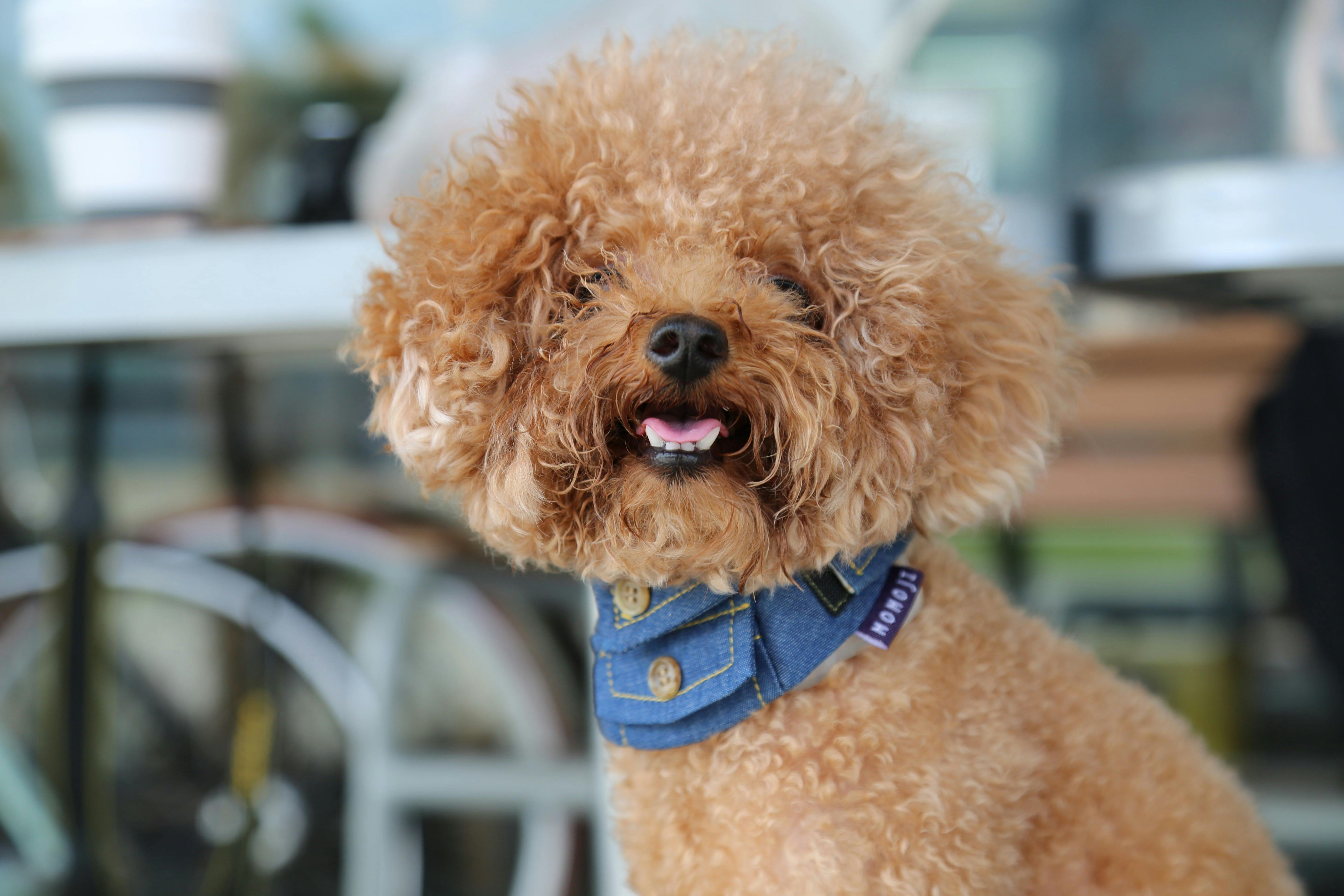If you’re a new pet parent, you may have some questions about your puppy’s teeth. Do dogs have milk teeth? Do they fall out on their own, and if so, when? Should you pull a puppy's baby teeth? Should you brush them?
Just like humans, dogs have two sets of chompers. Puppies have 28 deciduous or primary teeth, while adult dogs have 42 permanent or secondary teeth. And just like human babies, puppies lose their baby teeth when they reach a certain age. However, there are some cases where puppy teeth need to be removed by a vet.
To better understand how your dog’s teeth grow, let’s take a look at a puppy teething timeline.
What age do a puppy's baby teeth fall out?
Puppy teething is a pretty fast process. Whereas humans get their adult teeth in their early teens, most dogs have all of their permanent teeth by the time they’re 6 or 7 months old.
- Week 1: Your puppy is born without any visible teeth.
- Weeks 2 to 4: Baby teeth start erupting through the gums.
- Weeks 5 to 6: All baby teeth are now present.
- Weeks 12 to 16: The puppy teething process begins; permanent incisors start to replace the deciduous incisors.
- 6 months and older: All of your puppy’s baby teeth have fallen out and have been replaced by adult teeth.
What happens during puppy teething?
Your dog’s permanent teeth are already developing in the upper and lower jaws before you can even see them. The developing adult teeth push against the roots of the baby teeth, causing them to resorb. Once the roots have resorbed, the puppy teeth fall out, and you may find these little rice-sized chompers around your home. Usually, though, they are swallowed by your puppy while they’re eating; this is fine and not a cause for concern.
The teething process is
painful, however, and almost all puppies will have the urge to chew during this period. Provide your puppy with safe chew toys such as
Kongs so that they don’t destroy your shoes, clothes, or furniture. Avoid giving bones, nylon chews, hard toys, ice cubes, and cow hooves as these can damage the teeth.
Your furry friend may also drool, be reluctant to eat, be irritable, or have
puppy breath while they’re teething.
Should you pull a puppy's baby teeth?
There’s no need to pull puppy teeth as they will fall out on their own. But sometimes they don’t, and these remaining teeth are referred to as persistent deciduous teeth. A baby tooth is considered persistent as soon as the permanent tooth erupts, either partially or fully. Any puppy tooth can be persistent, but it is usually the upper canines, lower canines, and incisors that are
retained.
Persistent deciduous teeth is the most common orthodontic problem in small animals. In dogs, this condition is frequently seen in toy breeds such as the
Yorkshire Terrier,
Maltese, and
Chihuahua, as well as in brachycephalic breeds like the
Bulldog,
Pug, and
Boston Terrier. It may also be genetic, as it is often seen in families of dogs.
It is commonly believed that a persistent tooth occurs when the baby tooth occupies the place that is meant for the adult tooth, forcing the latter to erupt in an abnormal position. But it is actually caused by an incorrect eruption path; that is, the adult tooth does not line up correctly with the baby tooth. Since nothing is exerting pressure against the baby tooth, it doesn’t fall out.
What should you do if your puppy’s baby teeth don't fall out?
As a general rule, there shouldn’t be two teeth in the same place at the same time. Retained puppy teeth can cause a number of problems, including:
Be sure to contact your vet as soon as possible if you notice any remaining baby teeth in your puppy’s mouth. Persistent deciduous teeth typically need to be extracted promptly in order to allow the adult teeth to move into their correct positions and to avoid any secondary problems.
How do I keep my puppy’s teeth healthy?
Taking care of your puppy’s teeth can prevent both dental and medical problems. Check their mouth every week until they’re 7 or 8 months old to make sure that their teeth are growing normally. Daily
tooth brushing is also important and should start as soon as you bring your puppy home.
If you’re thinking about bringing your pooch in for a
dental cleaning, consider a Wag!
wellness plan. Unlike pet insurance plans that usually don’t cover dental cleanings, wellness packages can reimburse up to 100% of the cost within 24 hours, giving both you and Fido something to smile about!


